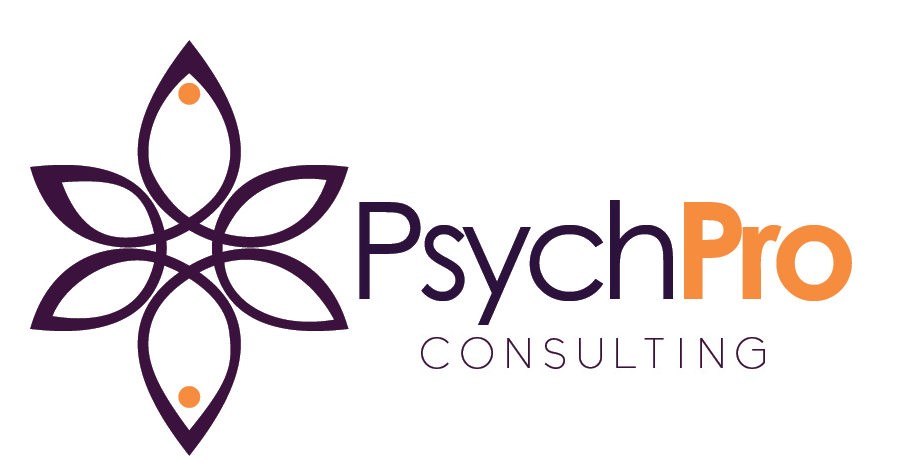I understand that seeking therapy can be a difficult decision. It takes strength and courage to take the first steps to reach out to a clinician. I also know that therapy can be one of the most fulfilling and rewarding experiences to begin the work of introspection. Together, we will work towards treating symptoms, developing awareness, gaining insight, and ultimately achieving a sense of greater well-being.
At PsychPro Consulting, the goal is to create a safe and supportive environment for you to openly explore thoughts and emotions so you can thrive.
I believe in an approach to therapy that accounts for the unique needs and experiences of each individual. We begin treatment with a comprehensive intake process to identify symptoms, treatment goals and develop an individualized plan of care. My training in several evidence-based theoretical orientations allows us to tailor a treatment plan that is best suited to your specific needs, whether it is with one modality or an integration.

Therapy Modalities

Acceptance and Commitment Therapy (ACT)
Acceptance and Commitment Therapy (ACT) is an empirically supported, 3rd wave behavioral therapy designed to help individuals enhance cognitive flexibility, increase present-moment awareness, and assist in aligning actions and values. ACT is a primary modality in my practice with patients, and I have years of training in the underlying frameworks (relational frame theory and functional contextualism) that support this evidence-based treatment.
Mindfulness-Based Cognitive Therapy (MBCT)
Mindfulness-based cognitive therapy combines cognitive behavioral therapy and mindfulness to help individuals identify inaccurate belief systems, restructure cognitions, and build awareness of reactivity. These skills help to reduce distress from negative emotion states like depression and anxiety.


Psychodynamic Therapy
(twice weekly sessions)
Psychodynamic psychotherapy is an in-depth form of treatment that examines ways in which relational dynamics from early childhood impact sense of self. These early developmental experiences often continue to impact people as adults and psychodynamic work can help to illuminate patterns that form in attachment and impact how we navigate the relationship with ourselves. Patterns of relating are explored together in session and this deeper work can lead to significant shifts in understanding and relating, both to oneself and with others.
Trauma-Focused Therapies
Cognitive Processing Therapy (CPT)
CPT consists of a weekly, structured 12-14 session protocol designed to reduce symptoms of PTSD by systematically targeting thoughts and behaviors associated with the trauma. Each session ranges from 60-90 minutes in duration. Individuals should expect to engage in written work between sessions. Preparatory sessions are always a part of my work with clients prior to beginning a trauma protocol and allow for transparent discussion about ways to get the most out of session, questions related to the trauma protocols, and beginning practices designed to support the individual during this treatment.
Prolonged Exposure (PE)
Prolonged exposure is an evidence-based treatment for PTSD, grounded in behavioral principles which address avoidance. This treatment involves psychoeducation, breathing retraining, repeated exposure to retelling of the trauma, and graduated exposures to environments that elicit symptoms of anxiety. Treatment consists of 8-14 weekly 90-minute sessions, with clients completing assigned exposures between sessions.


Cognitive Behavioral Therapy for Insomnia
Cognitive behavioral therapy for Insomnia (CBT-i) is the most effective, nonpharmacologic treatment for people who struggle with falling and/or staying asleep. This 5-part treatment provides lasting results and is conducted over the course of 8-12 weekly 60-minute sessions. Clients will be asked to complete sleep related trackers to bring to each session.
